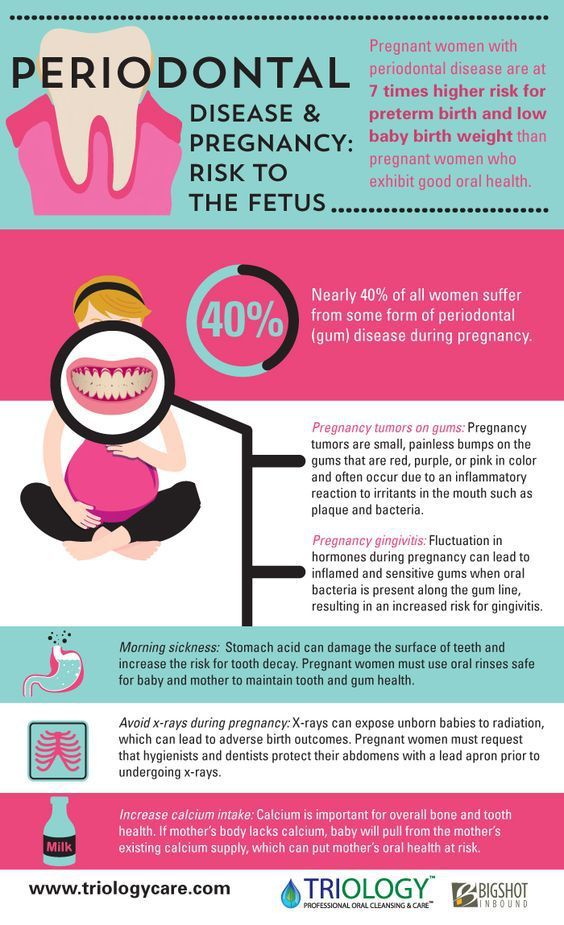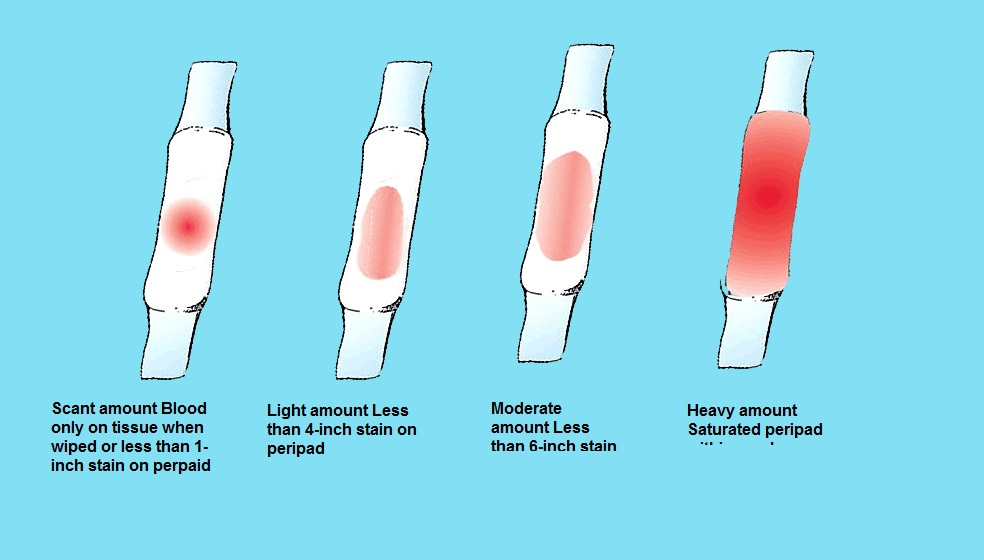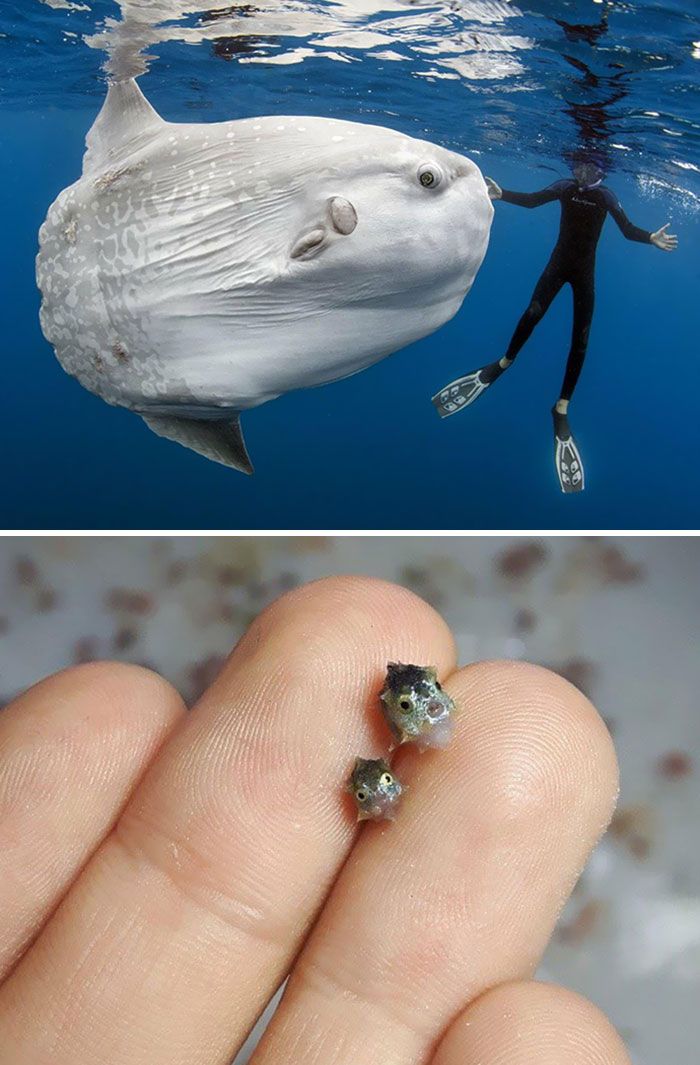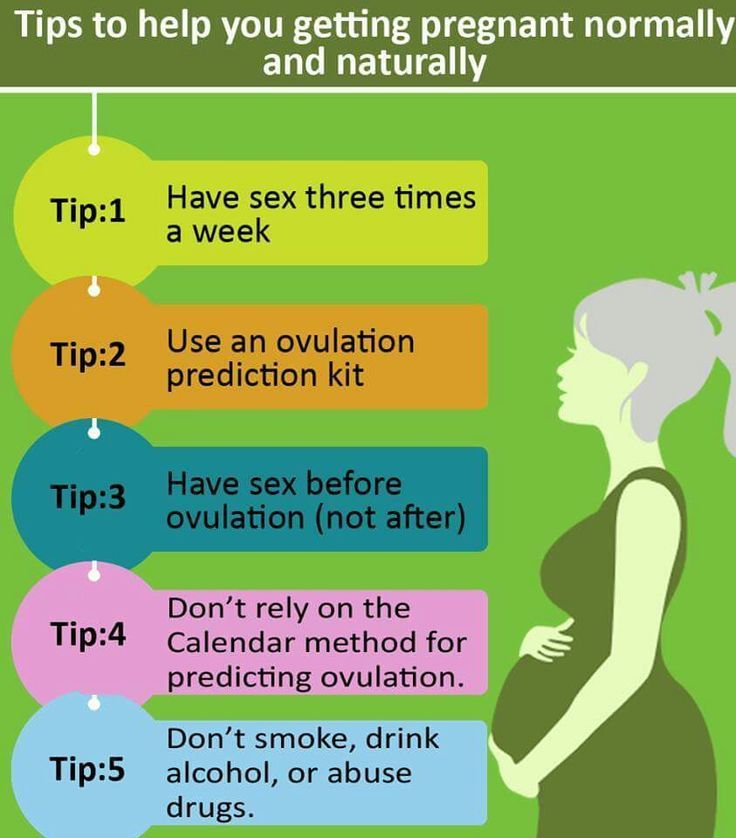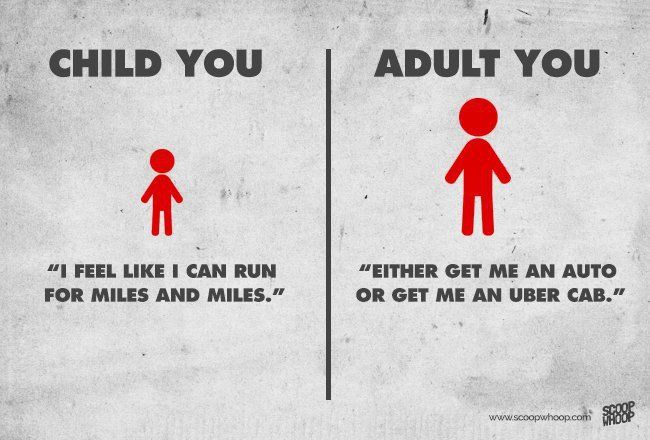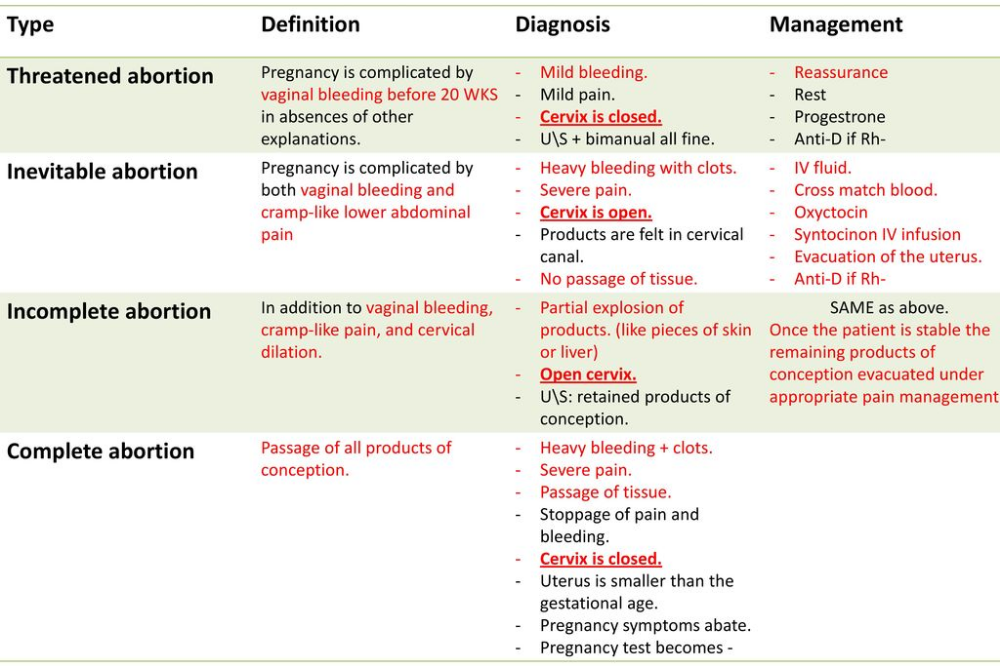Oral herpes and pregnancy
Affect on Baby and Safe Treatments
If you’ve ever had cold sores — those annoying, painful, tiny, fluid-filled blisters that usually form around your mouth and on your lips — you know how inconvenient they can be.
But also if you’ve ever had cold sores (and therefore already have the virus that causes them), did you know they can recur, especially when you’re under stress or are undergoing hormonal fluctuations?
Stress and hormonal changes. That sounds an awful lot like pregnancy.
Cold sores in pregnancy aren’t unheard of, and they don’t usually have any impact on your growing baby. So first, let out a deep sigh of relief. Next, read on — because there are still important things to know about cold sores if you’re expecting.
Cold sores are caused by a virus — the herpes simplex virus (HSV). Of the two types of HSV, cold sores are generally caused by HSV-1, whereas genital herpes is usually a result of exposure to HSV-2. There have been a few instances where HSV-1 sores have been found in the genitals and vice versa.
Once you’ve had a cold sore (oral herpes), the virus remains in your system for life — it’s just not active unless you have a current outbreak.
But when we say that stress and hormones can cause the virus to reactivate, it’s important to know that stress and hormones don’t cause the virus in the first place.
If you’ve never had HSV, you can only get it through contact with someone who has. When it comes to a first-time cold sore infection, this can happen via activities like:
- kissing
- sharing food or utensils
- using someone else’s ChapStick or lip gloss
- oral sex
Here’s the really good news: If you already have the virus that causes cold sores, and you have an outbreak of oral herpes during pregnancy, it’s most likely not going to have any impact on your growing baby.
Cold sores are a localized infection, usually around the mouth area. They don’t typically cross the placenta and reach your baby.
The highest risk scenario is if you get HSV for the first time during your third trimester of pregnancy.
When you get the virus for the first time, your body hasn’t developed any protective antibodies to it yet. And while HSV-1 is usually associated with oral herpes, it can cause a genital herpes outbreak, which can be dangerous to your baby — especially as they pass through the birth canal.
Birth-acquired herpes is serious. However, it’s a concern with genital rather than oral herpes. That being said, because the same virus can cause both, it’s important to talk to your OB about any cold sores during pregnancy.
The most common treatment for cold sores is docosanol (Abreva), an over-the-counter topical cream. But the Food and Drug Administration hasn’t evaluated it for safety in pregnancy.
While some research has determined that it’s “likely safe” during pregnancy, at least one pharmaceutical company that manufactures the drug warns against using it unless it’s definitely needed — which really means you need to check with your doctor. There may be other treatments you should try first.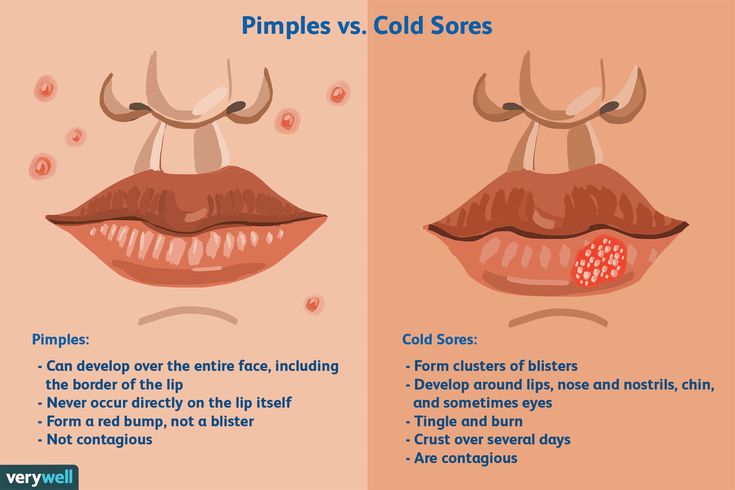
If you’ve had herpes in the past, your doctor may recommend antivirals — like acyclovir or valacyclovir — starting at week 36 and continuing until delivery of your baby, even if you don’t have a current outbreak of lesions around the genital area. This helps prevent reactivation and spread of the virus to the genital area.
This precaution is because you shouldn’t expose your baby to herpes in the vaginal area during delivery.
Alternatively, your doctor may suggest a cesarean delivery, which avoids the birth canal altogether — something that’s especially important if you have a current outbreak of genital herpes.
Cold sores are highly contagious, despite the fact that they won’t affect your baby in the womb. If you have them after your baby is born, avoid kissing those adorable little cheeks or touching any sores and then touching your newborn without first washing your hands with soap.
In the extremely rare event that you have cold sores on either breast, avoid breastfeeding from that breast while you’re still contagious.
Your cold sores are contagious until they crust over, at which point they’ll start to heal.
If you do pass a cold sore infection on to your newborn, it’s known as neonatal herpes. While not as serious as the birth-acquired version, it can still cause serious complications in a baby who hasn’t yet developed a robust immune system.
The cold sore on your mouth is likely to be more of an annoyance to you than a serious risk to your developing baby, particularly in your first two trimesters of pregnancy and especially if you’ve had one before. But you should still let your OB know about it.
The virus that causes cold sores — usually HSV-1 — can also cause genital herpes, which is more of a risk to your pregnancy and growing little one.
If you have an outbreak in your third trimester — or if you acquire the virus for the first time in your third trimester — your doctor may want you to follow certain treatment or precautionary guidelines, like antivirals or a cesarean delivery.
Cold sores in pregnancy | Pregnancy Birth and Baby
Cold sores in pregnancy | Pregnancy Birth and Baby beginning of content6-minute read
Listen
What is HSV?
If you or your partner has the virus that causes cold sores or genital herpes, you might be worried about what could happen when you're pregnant or have a new baby. Here's what you need to know about herpes simplex virus (HSV), and how to protect your baby from infection.
The herpes simplex virus is a very common virus carried by most people. Sometimes it causes cold sores or genital herpes.
Cold sores are blisters that form on the lips, around the mouth and nose. Genital herpes is blisters or sores around the genitals or anus. The blisters may form a crust after about 3 days.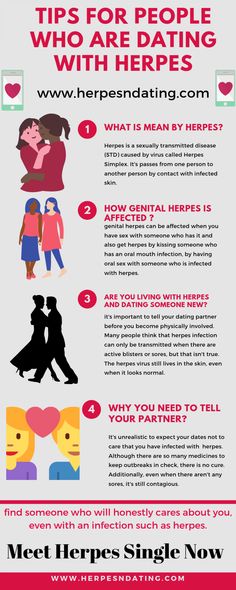 The sores go away by themselves within 2 weeks.
The sores go away by themselves within 2 weeks.
There are two main types of HSV:
- HSV-1 causes mostly cold sores on the face and lips, and sometimes on the genitals
- HSV-2 causes mostly genital herpes
Both viruses are transferred though contact of the skin, saliva or genitals, and the viruses stay in the body for life. The viruses do not always cause symptoms, so you can carry the virus without knowing it.
HSV-1 is very common, with about 8 in 10 Australians carrying it in their bloodstream. But only 1 in 3 people with the virus has ever had a cold sore. HSV-2 is less common.
It is common for women who have had cold sores in the past to experience an outbreak while pregnant.
What happens if I get cold sores or genital herpes during pregnancy?
Having the HSV virus does not affect your chance of becoming pregnant.
It is quite common for women to have a cold sore during their pregnancy, even if they haven’t had one for a long time. Cold sores should not affect your unborn baby. But they are infectious, so it’s a good idea to treat them.
Cold sores should not affect your unborn baby. But they are infectious, so it’s a good idea to treat them.
Genital herpes should not affect the baby if you have your first outbreak or it comes back in the first 34 weeks. But it can be transferred to your baby during the birth, especially if it’s your first outbreak.
If you've ever had a cold sore or genital herpes and you become pregnant, or you develop these conditions during pregnancy, it's important to tell your doctor or midwife about it. Together you can make a plan for managing herpes during pregnancy and birth.
How is HSV treated during pregnancy or breastfeeding?
You can treat cold sores and genital herpes with:
- aciclovir cream, available from a pharmacist without prescription
- aciclovir or valaciclovir tablets, for which you need a prescription
These 'antiviral' drugs are known to be safe for pregnant and breastfeeding women and are effective most of the time.
Famciclovir tablets are not recommended to take during pregnancy.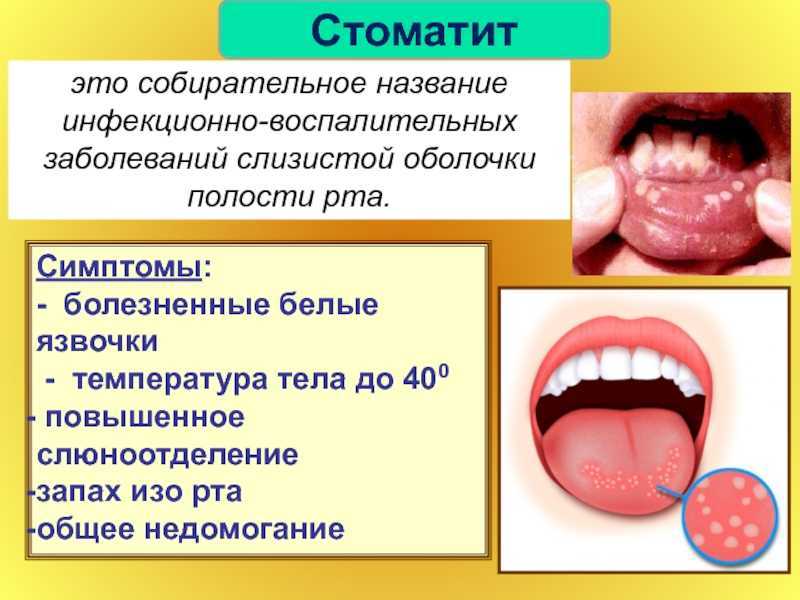 Speak to your doctor if the cold sore is severe.
Speak to your doctor if the cold sore is severe.
How is genital herpes treated during pregnancy?
You should take acyclovir or valaciclovir tablets, as above.
If it's your first outbreak of genital herpes, your baby may be more at risk because you haven't had time to develop immune protection against the virus, which also helps protect the baby.
Some women experiencing an outbreak of genital herpes might be advised to have a caesarean. This would prevent the herpes virus passing from mother to baby during a vaginal birth. But most women in Australia with genital herpes do give birth safely to healthy babies vaginally.
It's often recommended that women who have ever had genital herpes take antiviral tablets prior to the birth, even if the herpes isn't active at the time.
Talk to your doctor or midwife about the best course of action for your situation.
How do I protect my baby from herpes?
Herpes can cause serious problems in a baby, such as infections to the eyes and throat, brain damage and even death.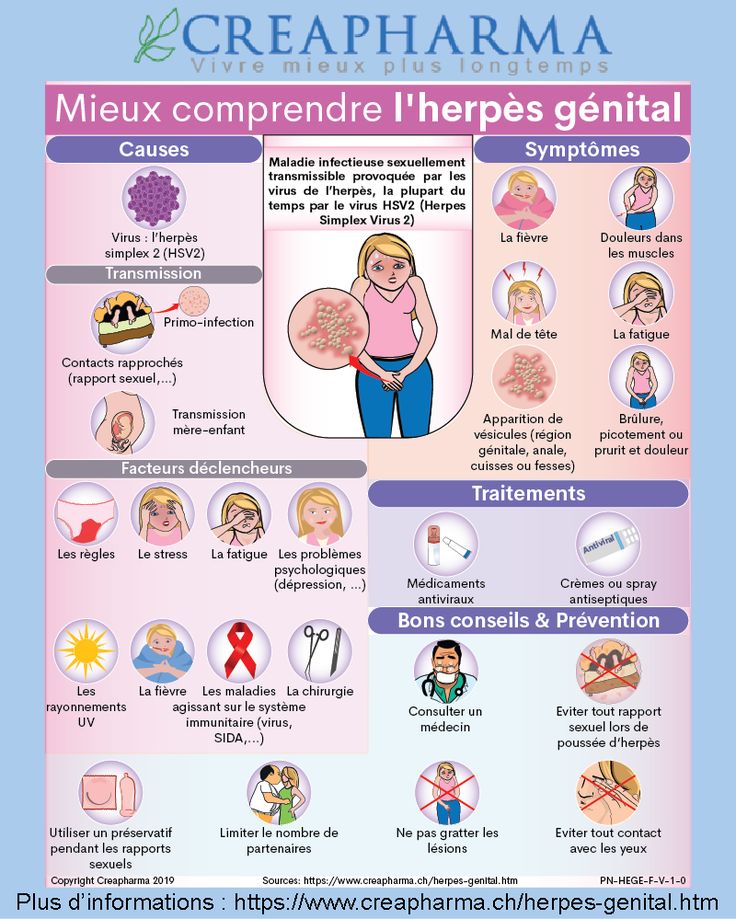
A newborn baby can catch HSV-1 and HSV-2 from being kissed or touched by someone with cold sores, or during childbirth.
Fortunately, most babies born to women who carry the virus are not affected. But if you or your partner has a cold sore or genital herpes, talk to your doctor about keeping it under control during the pregnancy and after the birth. It is also important to treat these conditions aggressively while you are breastfeeding.
It's important to maintain strict hygiene habits when caring for a new baby if you, or anyone in close contact with the baby, have cold sores.
If you have cold sores, you should:
- cover cold sores when you're around the baby
- avoid kissing your baby until the sores are completely healed
- avoid touching the cold sores then touching your baby
- wash your hands thoroughly before touching your baby
What if I have a cold sore while breastfeeding?
If you have cold sores, it is safe to breastfeed your baby as long as the cold sores are not on the breast or nipple.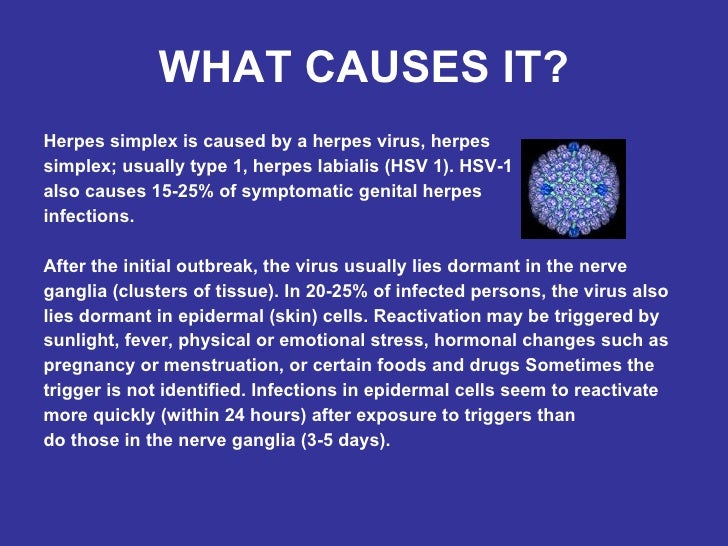
If they are, it may be wise to breastfeed from the unaffected nipple only until the lesions have cleared up. You would express and dispose of breastmilk from the affected nipple. Breastmilk itself doesn't contain the herpes virus but it can be contaminated through the skin lesions.
Talk to your doctor or midwife as soon as you notice any cold sores on your breast or nipple.
What happens if my baby gets herpes?
It is very important that herpes in a newborn is recognised and treated by a doctor in hospital immediately. Signs of herpes in a newborn include:
- blisters on the skin
- fever
- irritability
- tiredness
- lack of appetite
If you think your baby might have the herpes virus, don't wait to see if they get better — seek medical help. Tell medical staff if you or your partner carry the herpes virus.
Resource and Support
If you are worried about your baby, see a doctor or midwife, or take them to the hospital.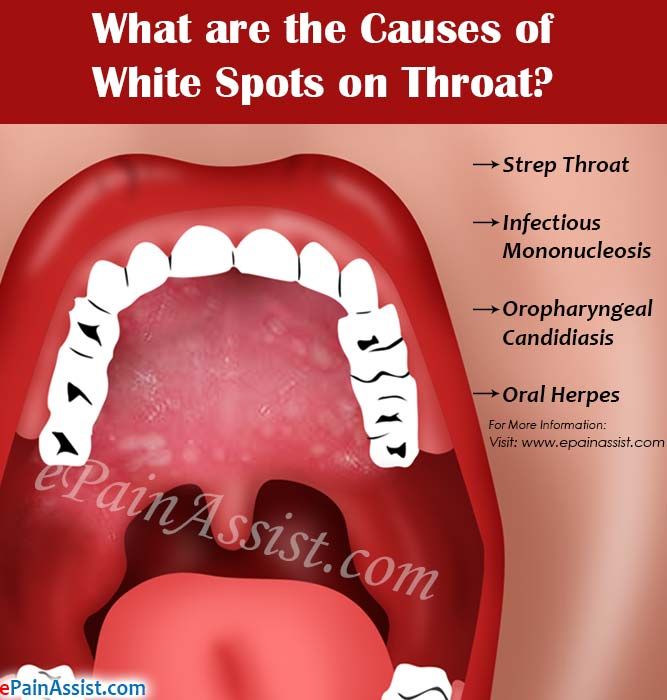
FIND A HEALTH SERVICE — The Service Finder can help you find doctors, pharmacies, hospitals and other health services.
If you're not sure what to do or want more information, you call Pregnancy Birth Baby on 1800 882 436 to speak with a maternal child nurse.
Sources:
Family Planning NSW (Genital herpes), The Royal Woman’s Hospital (Genital herpes), Mothersafe (Cold sores in pregnancy and breastfeeding), Queensland Government Health (Genital Herpes and Pregnancy), SA Health (Cold sores (herpes simplex type 1) - including symptoms, treatment and prevention), Safer Care Victoria (Herpes simplex virus in neonates)Learn more here about the development and quality assurance of healthdirect content.
Last reviewed: May 2021
Back To Top
Need more information?
Genital Herpes (HSV) | Body Talk
Genital herpes is a common STI caused by the Herpes Simplex Virus (HSV).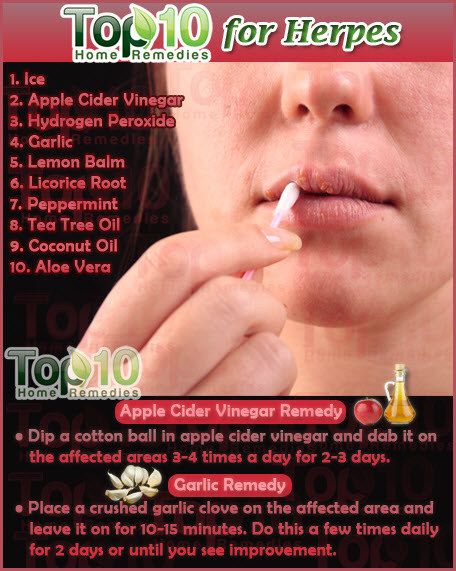 Find out all the facts about Genital Herpes here.
Find out all the facts about Genital Herpes here.
Read more on Body Talk website
Cold sores - Better Health Channel
Cold sores are blisters around the mouth and nose, caused by the herpes simplex virus.
Read more on Better Health Channel website
Cold sores overview - MyDr.com.au
A cold sore is a skin infection that is caused by the herpes simplex virus (HSV). Cold sores usually occur on or around the lips or nose and are very common. They have nothing to do with colds.
Read more on myDr website
Cold sores: self-care - MyDr.com.au
Cold sores are caused by the herpes simplex type 1 virus. Most people carry this virus in their bodies.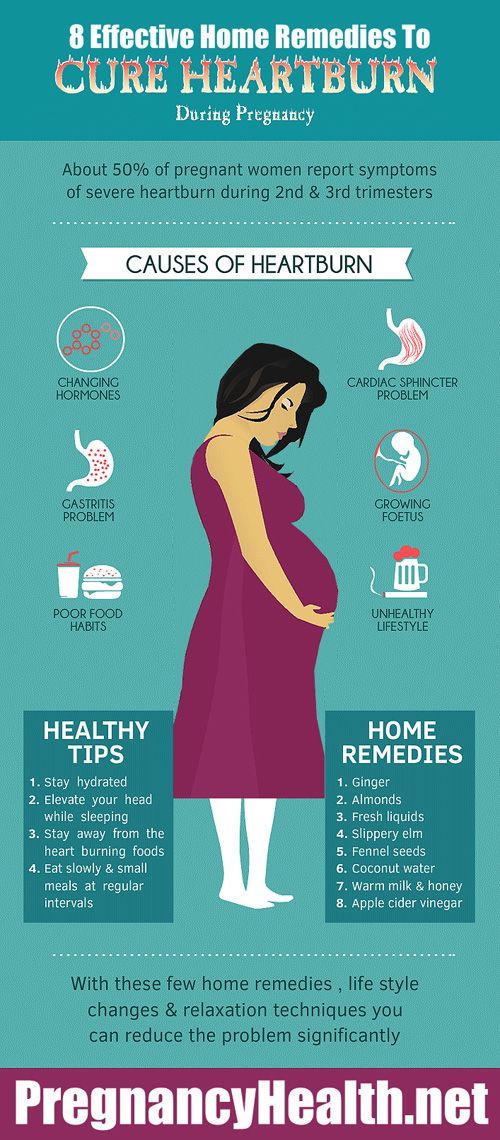 Find out what products are available for cold sores.
Find out what products are available for cold sores.
Read more on myDr website
Cold sores | SA Health
Herpes simplex virus type 1 (HSV1) causes cold sores on the face or lips - it is spread by skin or mucous membrane contact with infected saliva
Read more on SA Health website
Cold sore infections - MyDr.com.au
Find the answers to common questions about cold sores, irritating blisters which are caused by the herpes simplex type 1 virus and can be triggered by stress, fatigue or exposure to sunlight.
Read more on myDr website
Cold sores: children & teens | Raising Children Network
Cold sores are quite common in older children and teenagers. Cold sores usually clear up by themselves, but see your GP if you’re concerned.
Cold sores usually clear up by themselves, but see your GP if you’re concerned.
Read more on raisingchildren.net.au website
Genital Herpes and Pregnancy
If you are pregnant and you get genital herpes, it is important to tell your midwife or obstetrician.
Read more on Queensland Health website
Genital herpes
Genital herpes is a sexually transmitted infection (STI) which shows as blisters or sores on the genitals. This is caused by the herpes simplex virus (HSV).
Read more on WA Health website
Genital herpes: what is it? - MyDr.com.au
Genital herpes is a viral infection characterised by outbreaks of blisters and sores around your genital area.
Read more on myDr website
Disclaimer
Pregnancy, Birth and Baby is not responsible for the content and advertising on the external website you are now entering.
OKNeed further advice or guidance from our maternal child health nurses?
1800 882 436
Video call
- Contact us
- About us
- A-Z topics
- Symptom Checker
- Service Finder
- Linking to us
- Information partners
- Terms of use
- Privacy
Pregnancy, Birth and Baby is funded by the Australian Government and operated by Healthdirect Australia.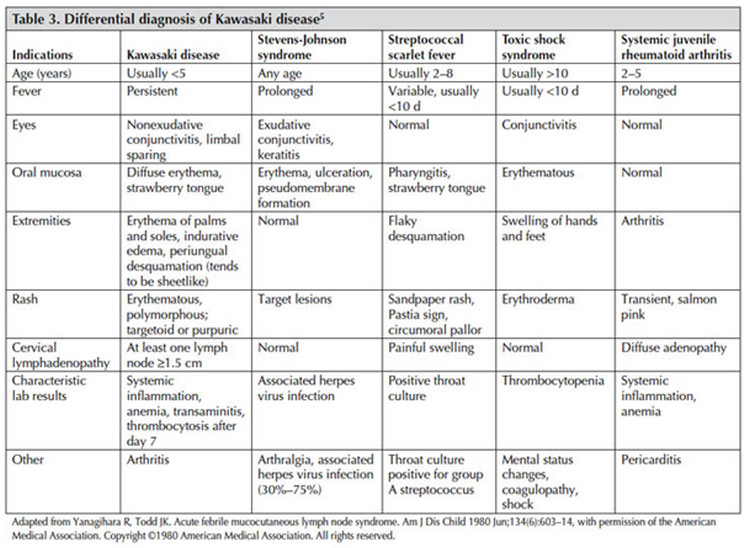
Pregnancy, Birth and Baby is provided on behalf of the Department of Health
Pregnancy, Birth and Baby’s information and advice are developed and managed within a rigorous clinical governance framework. This website is certified by the Health On The Net (HON) foundation, the standard for trustworthy health information.
This site is protected by reCAPTCHA and the Google Privacy Policy and Terms of Service apply.
This information is for your general information and use only and is not intended to be used as medical advice and should not be used to diagnose, treat, cure or prevent any medical condition, nor should it be used for therapeutic purposes.
The information is not a substitute for independent professional advice and should not be used as an alternative to professional health care. If you have a particular medical problem, please consult a healthcare professional.
Except as permitted under the Copyright Act 1968, this publication or any part of it may not be reproduced, altered, adapted, stored and/or distributed in any form or by any means without the prior written permission of Healthdirect Australia.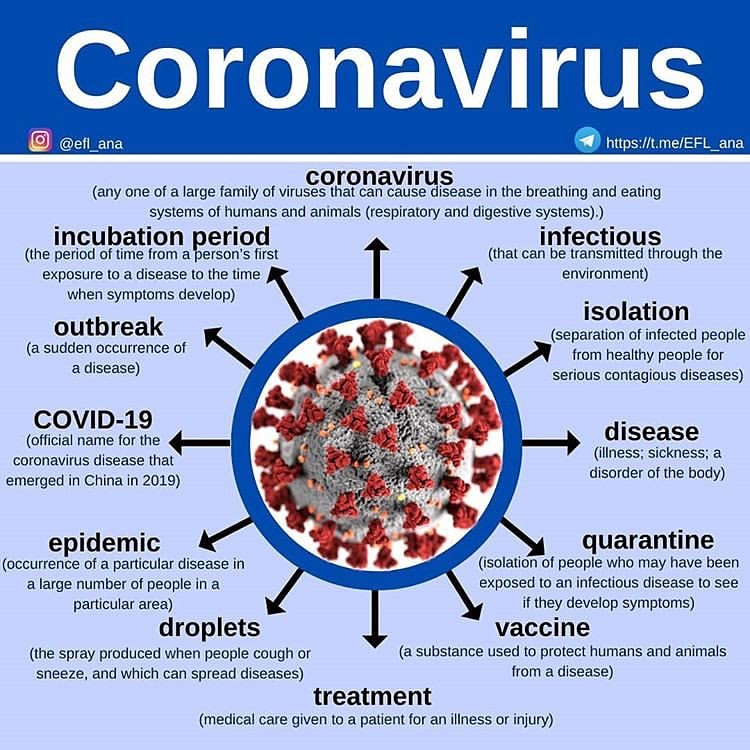
Support this browser is being discontinued for Pregnancy, Birth and Baby
Support for this browser is being discontinued for this site
- Internet Explorer 11 and lower
We currently support Microsoft Edge, Chrome, Firefox and Safari. For more information, please visit the links below:
- Chrome by Google
- Firefox by Mozilla
- Microsoft Edge
- Safari by Apple
You are welcome to continue browsing this site with this browser. Some features, tools or interaction may not work correctly.
dangerous "recidivist" (j-l "9 months", No. 5, author obstetrician-gynecologist TsIR, Gevorkova E.V.)
Elena Valerievna Gevorkova , obstetrician-gynecologist during pregnancy, as they can affect the health of not only the expectant mother, but also the fetus. Herpes among them occupies one of the main places, since this disease is very common in pregnant women.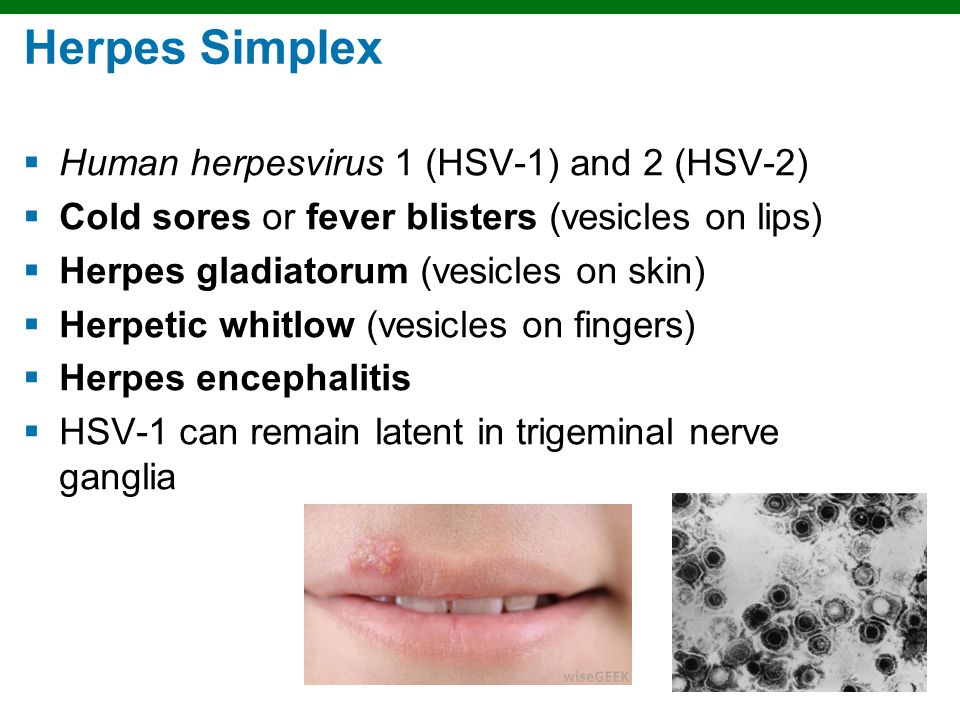
Herpes infection is a large group of infectious diseases caused by human herpes viruses. This is one of the most common human diseases. According to numerous studies, by the age of 18 more than 90% of the world's population is infected with one or more strains of herpes viruses. Among sexually transmitted infections, genital herpes ranks second after trichomoniasis.
A feature of herpes is its recurrent course. The dormant virus awakens when immunity is reduced, and pregnancy itself has the property of weakening the body's immune forces, since the woman's body bears a fetus that is half alien from an immunological point of view, which is impossible without reducing the intensity of a number of immunity links. That is why exacerbations of herpes during pregnancy occur quite often. nine0005
Many pregnant women experience blisters and panic, worried that the infection will harm the baby. Most often, women know about the presence of herpes even before the onset of pregnancy, and the appearance of itchy vesicles filled with a clear liquid indicates a “revival” of the disease. But, fortunately, the dangerous impact of herpes is somewhat exaggerated, and there are not many situations when herpes can cause problems during pregnancy.
But, fortunately, the dangerous impact of herpes is somewhat exaggerated, and there are not many situations when herpes can cause problems during pregnancy.
Manifestations of disease
The clinical manifestations of herpes depend on many factors - the type of virus, the location of the lesion, the age and immune status of the person. The classic symptomatology is the appearance of a group of small vesicles filled with a clear liquid. Herpes is characterized by the appearance of bubbles with the next relapse, always in the same place.
When localized in the upper half of the body, rashes occur mainly on the lips (the so-called "cold"), as well as on the mucous membrane of the nose, mouth, conjunctiva of the eyes, in the ear canal and on the eyelids. nine0005
In the genital herpes variant, the rash is localized on the labia, on the skin of the perineum, inner thighs, pubis, or around the anus.
A few days before the rash appears, there may be a sensation of itching and discomfort at the site of future rashes (herpetic "bell").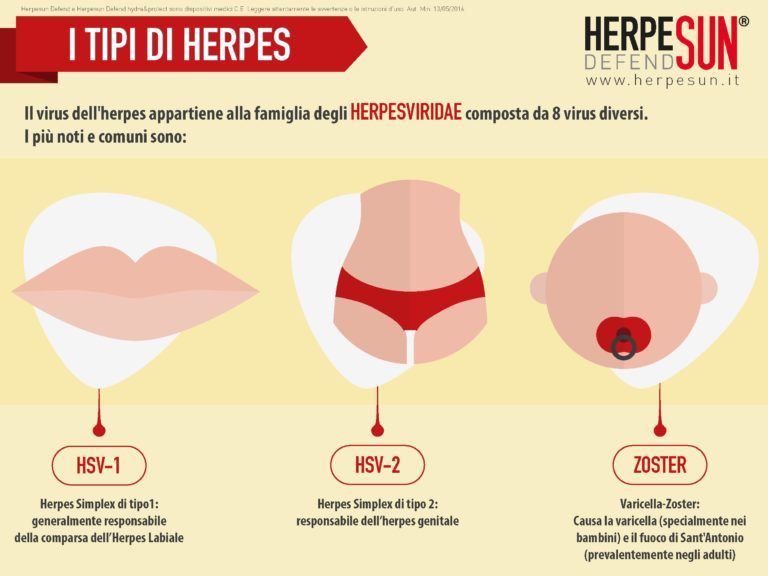
The rash is accompanied by discomfort, itching, burning, pain. Then the bubbles burst, in their place first sores are formed, then crusts. Herpetic sores are characteristically painful, and the crusts formed in their place disappear without a trace after 2-3 days, leaving neither pigmentation nor scars on the skin. nine0005
The general symptoms of the disease are very diverse: fever, swollen lymph nodes (often inguinal), joint and muscle pain, persistent migraines, irritability, lack of appetite, etc.
The typical clinical picture appears in no more than a third of cases of genital herpes carriers. Often, genital herpes is asymptomatic or without characteristic rashes.
The atypical course of herpes is more insidious: the absence of blisters is more than offset by the variety of common manifestations, which often creates difficulties in making a correct diagnosis. Symptoms of atypical herpes - burning, cracks in the perineum, labia or anus, swelling, redness of the mucous membranes. In such cases, the diagnosis is often made incorrectly, or women who are confident in the presence of candidiasis (thrush) or bacterial vaginosis self-medicate to no avail. nine0005
In such cases, the diagnosis is often made incorrectly, or women who are confident in the presence of candidiasis (thrush) or bacterial vaginosis self-medicate to no avail. nine0005
The severity of any manifestations of herpes infection is determined by the state of immunity.
Varieties of the virus
The most common are HSV 1 and 2 - herpes simplex virus of the first and second types. HSV 1 most often manifests itself in the form of blistering rashes on the lips, damage to the eyes, mouth, nose is possible. The classic localization of HSV 2 (genital herpes) is the mucous membrane of the genitourinary tract. In some cases, the following phenomenon of cross-infection is observed: the culprit of herpetic eruptions of the upper half of the body is HSV 2 (genital) and vice versa - HSV 1 causes the development of infection of the lower half. As a rule, this is due to two reasons: a violation of elementary hygiene rules, when self-infection occurs - the transfer of the virus through the skin and mucous membranes, and oral-genital contacts. nine0005
nine0005
Infection with herpes of the genital tract occurs mainly only through unprotected sexual contact. In rare cases, it is possible to transmit the infection through a kiss, the use of common dishes and linen. This is the so-called horizontal transmission path. With a vertical transmission route, the virus is transmitted from the mother to the fetus during pregnancy (when the child passes through the birth canal, provided that the herpes virus is present in the mucosa, that is, during childbirth at the time of exacerbation of the herpes virus infection). With the localization of foci on the lips, you can become infected through common dishes, towels and kisses. It should be noted that the risk of intrauterine infection of the fetus with primary herpes is 50%, with relapse - no more than 4%, during childbirth in the presence of rashes on the cervix and external genital organs - 90%.
How does the virus work?
Consider some features of the interaction of the virus with the human body.
- Getting into the cell, the herpes virus (however, like any other virus) penetrates into its nucleus and causes the human cell to produce herpes viruses. Thus, the human cell "hand-made" produces new generations of viruses.
- The herpes simplex virus (HSV) spreads throughout the body through nerve fibers. For a period of downtime (remission), when a person does not feel the presence of a virus in the body, the virus chooses nerve plexuses - ganglia. And spends time there in anticipation of a decrease in the host's immunity. During this period, the carriage of herpes does not manifest itself in any way and it is almost impossible to detect it. HSV of the first type is deposited in the trigeminal ganglion (this is a special plexus of nerve fibers located in the cranial cavity), and HSV of the second type is deposited in the sacral ganglia (nerve plexuses of the pelvic organs). nine0050 When conditions favorable for the virus (hypothermia, stress, pregnancy) occur, it exits and further spreads through the skin and mucous membranes.
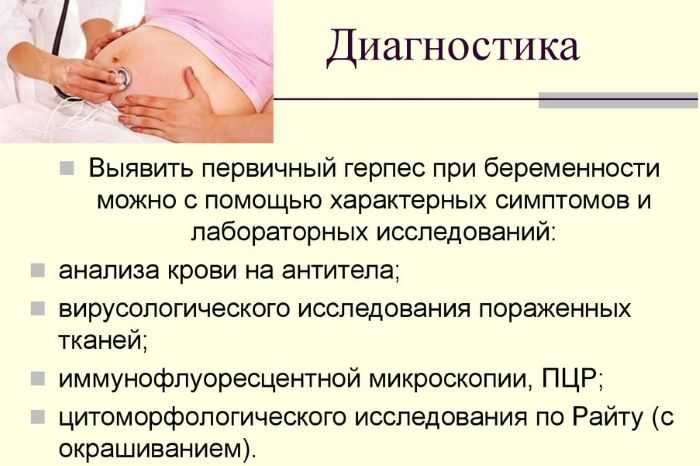
- Under the influence of various factors that damage the immune system, it is possible to weaken the controlling mechanisms of the "host" (human body) and the transition to active reproduction of the virus - this is how a relapse develops, which is manifested by an exacerbation of herpes.
Herpes exacerbations can be associated with two factors:
- already existing immunodeficiency, which is a trigger for the recurrence of herpes infection;
- the effect of the virus on the immune system itself. Long-term presence of herpes in the body has a direct damaging effect on the cells of the immune system. Thus, a vicious circle develops: a weakened immune system triggers a relapse of a herpes infection, and the herpes virus further aggravates the existing immunodeficiency.
Diagnosis
The diagnosis of herpes in a typical picture is not difficult for the doctor (and for the patient too). Clinical manifestations of herpetic infection are very bright: characteristic bubble rashes, recurrent course speak for themselves.
Clinical manifestations of herpetic infection are very bright: characteristic bubble rashes, recurrent course speak for themselves.
In cases of atypical herpes, virus carriers and during preventive examinations, laboratory diagnostic methods are of particular importance.
Main areas of laboratory research methods:
- Determination of the viral particles themselves. For this, electron microscopy methods are used using special smear staining methods, ELISA (enzymatic immunoassay) and PCR. The last method (polymerase chain reaction) is widely used and gives fairly accurate results - it is accessible, highly sensitive, and specific. As a rule, material for PCR analysis is taken by scraping (smear) from the cervix, vagina, urethra, scraping from the bottom of the wound or the contents of the vesicle are also examined. If a latent course of infection is suspected, urine and saliva are also examined. nine0048
- A blood test for antibodies to the herpes simplex virus, which detects immunoglobulins of classes M and G.
 If the infection of a person occurred for the first time (primary infection) or at the time of diagnosis corresponds to the acute phase of the disease (relapse), then early antibodies of class M are detected in the blood.
If the infection of a person occurred for the first time (primary infection) or at the time of diagnosis corresponds to the acute phase of the disease (relapse), then early antibodies of class M are detected in the blood.
The determination of class G late immunoglobulins indicates that the organism's encounter with the virus has already occurred much earlier.
Particular attention is paid to laboratory diagnostics in case of newly diagnosed symptoms of herpes during pregnancy. Such a situation may correspond to both the primary episode and the first relapse (i.e., the body has already met with the virus before, but did not show any manifestations). nine0005
If there are IgG (late immunoglobulins) in the blood, then herpes is recurrent and there is practically no threat to the fetus or embryo. If there is no Ig in the blood, but there is IgM, then it is necessary to show an extreme degree of alertness, since this is a laboratory confirmation of the primary episode.
Genital herpes and pregnancy
In the event of an exacerbation of type 1 herpes, one should only carefully observe preventive measures to prevent the virus from being transferred to the “below the belt” zone. With recurrent genital herpes or virus carriers, the risk to the fetus becomes minimal, since maternal antibodies help to cope with the virus even in cases of active relapse. nine0005
Genital herpes is of particular relevance during pregnancy.
During pregnancy there is a powerful restructuring of all systems, including immunity. Pregnancy itself is a physiological immunosuppressive factor; there is a natural decrease in the protective properties of the body in order to prevent miscarriage. The reverse side of this immunological retreat is the manifestation of previously "dormant" infections, including genital herpes. nine0005
Obviously, when the problem of herpes arises, the future mother has a lot of worries. Fortunately, in most cases these worries are unfounded.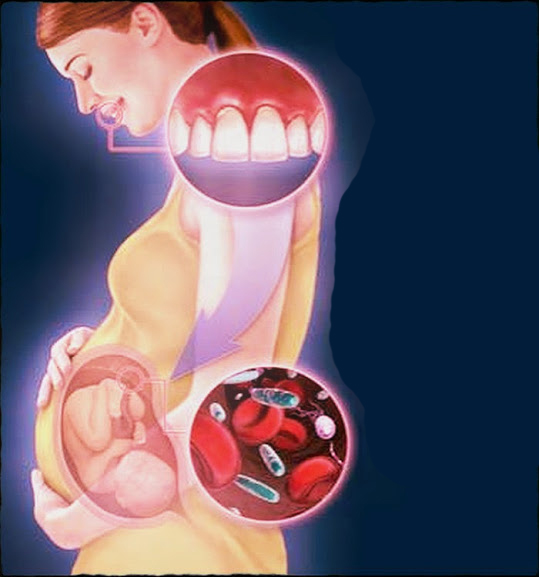
When is there really cause for concern? The greatest danger is the situation when infection with herpes occurs in a woman during pregnancy - the primary episode of genital herpes. This situation is characterized by pronounced manifestations, because. there are no antibodies in the mother's body that protect against herpes. For the fetus, the risk is especially high when infected with genital herpes in the first and third trimesters. Infection of the fetus in the first trimester of pregnancy leads to hydrocephalus (accumulation of fluid in the brain), heart defects, anomalies in the development of the gastrointestinal tract, etc. Such cases are extremely rare, since during the primary episode of herpes, as a rule, spontaneous abortion occurs before period of 10 weeks. nine0005
Infection in the second and third trimesters leads to the development of fetal diseases of the liver (hepatitis), pancreas (pancreatitis), lungs (pneumonia), brain (encephalitis). Primary infection in the second half of pregnancy is almost always manifested by rashes, which allows for early diagnosis and timely treatment. With recurrent genital herpes or virus carriers, the risk to the fetus becomes minimal, since maternal antibodies help to cope with the virus even in cases of active relapse. nine0005
With recurrent genital herpes or virus carriers, the risk to the fetus becomes minimal, since maternal antibodies help to cope with the virus even in cases of active relapse. nine0005
Treatment of herpes during pregnancy
In case of proven primary infection in early pregnancy, termination is discussed.
The treatment of herpes relapses during pregnancy and outside of it has no fundamental differences. In any case, the same goals are pursued: reducing the severity of symptoms (pain, itching, fever, etc.), reducing the time for wound healing, and preventing new exacerbations. It should be remembered that the sooner treatment is started, the greater the effect it will have. If treatment is started in the prodromal period (when the initial signs of the disease appear - tingling or slight itching at the site of future blisters, chills, malaise), then this will significantly help reduce the severity of herpes manifestations. nine0005
A feature of the treatment of herpetic infection is the exact observance of the prescribed dose and regimen of medication.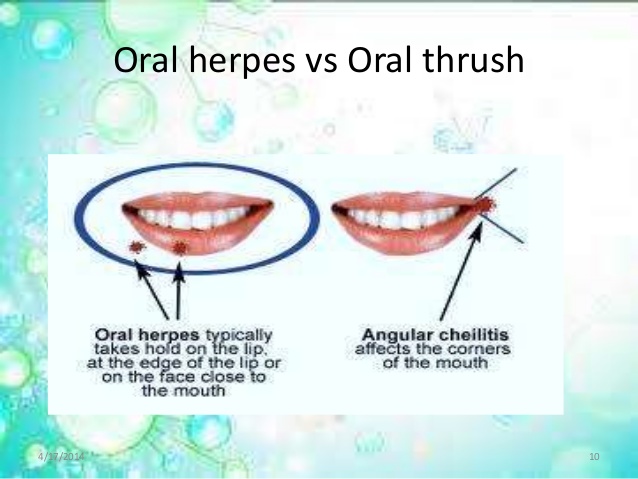 If the next dose of an antiviral drug is missed, then the herpes virus may have time to multiply during this period, which will lead to treatment failure.
If the next dose of an antiviral drug is missed, then the herpes virus may have time to multiply during this period, which will lead to treatment failure.
The only drugs with proven efficacy in the treatment of herpes infection are specific virostatics - nucleoside analogues (ACICLOVIR, VALACIKLOVIR, PENCICLOVIR, FAMCICLOVIR). nine0005
Treatment of herpes infection during pregnancy involves the use of approved antiviral drugs (acyclovir ZOVIRAX and valaciclovir VALTREX) in the form of ointments, creams and tablets.
Simultaneously with antiviral drugs in complex treatment, immunomodulators (VIFERON), vitamins, physiotherapeutic methods, local antiseptics are used for faster wound healing.
Of course, the appropriateness and course of treatment is determined in each individual case. The situation of a combination of pregnancy and herpes should be under the vigilant supervision of a doctor and self-medication in these cases is simply unacceptable. nine0005
Herpes of the newborn
In what cases does the insidious virus still achieve its goal and cause illness in newborns? In the vast majority of cases (90%), infection occurs by contact during passage through the birth canal.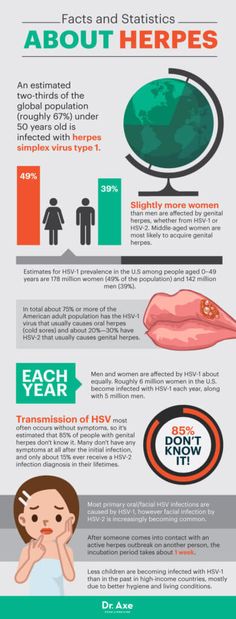 Intrauterine infection of a newborn is noted only in 5% of cases of herpes in newborns. Moreover, an important condition is the presence of a primary episode of genital herpes in the mother, in cases of asymptomatic carriage or recurrent herpes, infection of the fetus during childbirth occurs no more than in 4% of cases. nine0005
Intrauterine infection of a newborn is noted only in 5% of cases of herpes in newborns. Moreover, an important condition is the presence of a primary episode of genital herpes in the mother, in cases of asymptomatic carriage or recurrent herpes, infection of the fetus during childbirth occurs no more than in 4% of cases. nine0005
Symptoms and signs of herpes in babies appear as early as 2 weeks after birth. Herpes of the newborn is characterized by the presence of vesicles on the skin, mucous membranes (oral cavity, genital organs) and conjunctiva of the eyes. The more premature babies are born, the more difficult the infection is; in such cases, damage to the brain (herpetic encephalitis) is common.
Prevention
Unfortunately, there are no specific methods for the prevention of herpes. Prevention of infection at the planning stage, during pregnancy and after childbirth is exclusively preventive. The following measures apply:
- Examination of the body before pregnancy is an extremely important stage of pregnancy planning.
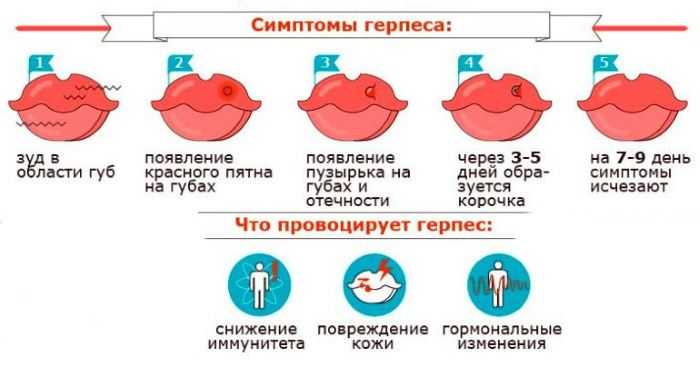
- Strengthening immunity during pregnancy.
- Physical activity (swimming, fitness, outdoor walks and other types of hardening), taking multivitamins, rational nutrition, a favorable emotional background - all this will help the immune system to cope with its work perfectly.
- A categorical rejection of bad habits (smoking, alcohol, drugs) - and not only because of the fear of a herpes infection ...
- Certain rules for sexual relations during pregnancy. If the expectant mother does not have late antibodies (IgG), and the sexual partner has signs of herpes or laboratory confirmation of herpes carriage, then it is recommended to refuse sexual intercourse, even using condoms. In other cases, the rules are less categorical: it is enough to use condoms and refrain from oral sex, since in this case, type 1 HSV can be transferred to the genitals and cross-infection of the genital organs, followed by infection of the fetus. If there are people with rashes on the lips surrounded by a pregnant woman, then you should pay special attention to the rules of personal hygiene (do not use common dishes, towels, avoid close contact - kiss, touch the rashes with your hands).
 This is especially true for women who do not have immunity to the herpes virus. It is possible to determine it by a blood test: with positive values of class G immunoglobulins, there is immunity, with negative ones - no. nine0048
This is especially true for women who do not have immunity to the herpes virus. It is possible to determine it by a blood test: with positive values of class G immunoglobulins, there is immunity, with negative ones - no. nine0048 - As a prevention of herpes in newborns in the presence of a recurrence of infection in the mother 4 weeks before delivery, delivery by caesarean section is indicated. This is a common tactic aimed at eliminating the slightest possibility of infection of the child during childbirth. However, according to many studies, even in the case of physiological childbirth, there is no serious danger, since the antibodies present in the mother's body pass through the placenta to the fetus and protect it during pregnancy, childbirth and after childbirth. However, today the presence of rashes on the cervix and genital tract at the time of delivery is an indication for operative delivery. In cases of herpes carriage without activation, childbirth is carried out naturally.
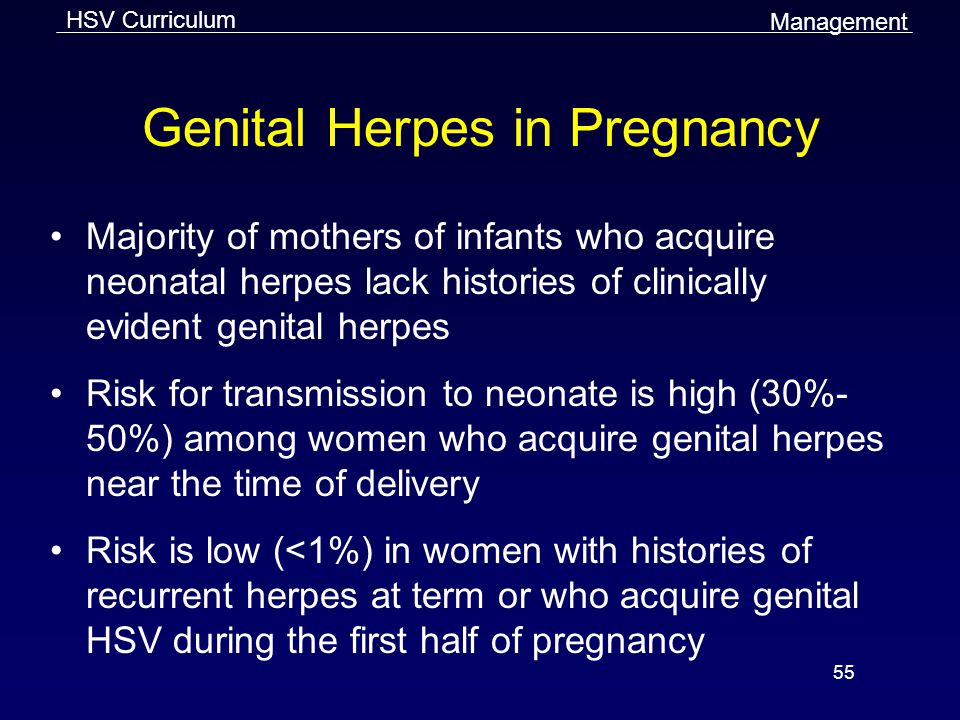 An additional factor in protecting the fetus is breastfeeding. nine0048
An additional factor in protecting the fetus is breastfeeding. nine0048 - Strict observance of personal hygiene rules - frequent hand washing, use of individual hygiene items and utensils.
- In case of recurrence of herpes after childbirth, to prevent the transmission of infection to the newborn, avoid contact of the child's skin with foci of rashes (do not kiss the child, do not touch the bubbles with your hands, wash your hands thoroughly, wear a protective mask), undergo a course of treatment in a timely manner.
Tags: cir media
Genital herpes during pregnancy
Genital herpes is a rather serious problem during pregnancy, as it can lead to transmission of the infection to the fetus or newborn. In newborns, herpes infection can be local, widespread, and can cause damage to the central nervous system. Local herpetic lesions usually occur on the skin, eyes and mouth. Common herpes infection of newborns and herpes infection of the CNS (central nervous system) can lead to death or chronic illness. nine0005
nine0005
Genital herpes in pregnancy can occur in four clinical forms:
- Primary - infection with genital herpes in pregnancy occurs for the first time during pregnancy. In this case, there is a clinical manifestation of herpes and there are no antibodies to the herpes simplex virus of both types 1 and 2.
- First episode of non-primary genital herpes - implies clinical manifestations of genital herpes caused by type 2 virus when the pregnant woman has antibodies to herpes simplex virus 1 in the blood.
- Recurrent genital herpes - the appearance of herpetic eruptions during pregnancy due to the activation of a virus that a woman contracted before pregnancy. At the same time, a virus of one of the types (for example, type 2) is detected in the lesion, and class G antibodies (igG) to herpes simplex virus type 2 are detected in the blood
- Asymptomatic viral spread is a short period, usually 24-48 hours, during which the virus rapidly replicates and spreads to new host cells.
 Usually, periods of asymptomatic viral spread are observed in women with a history of recurrent genital herpes. nine0050
Usually, periods of asymptomatic viral spread are observed in women with a history of recurrent genital herpes. nine0050
In order to determine which form of genital herpes is found in pregnant women, blood tests are used to detect the presence and type of class G antibodies to the herpes simplex virus. This analysis should be done by all pregnant women.
Herpes infection can be transmitted to the fetus or newborn before, during and after childbirth.
Antenatal (antenatal) transmission of herpes infection to the fetus occurs in 5% of cases from mothers with primary genital herpes. In the primary form of genital herpes, there is a period when the herpes virus appears in large quantities in the blood of a pregnant woman and is thus transmitted through the placenta to the fetus. This mechanism of intrauterine infection is also characteristic of other TORCH infections (TORCH (toxoplasmosis, other infections, rubella, mega cytolovirus, and herpes simplex) and fetal malformations such as microcephaly, microophthalmia, intracranial calcifications, and choreoretinitis may occur. 0005
0005
The largest percentage (75-90%) is infected during childbirth during passage through the birth canal of mothers with genital herpes.
Postpartum infection occurs through contact with the mother or loved ones.
The frequency of infection during childbirth depends on the clinical form of genital herpes in the pregnant woman.
The greatest risk of infection in the primary form of genital herpes is infected up to 50% of newborns.
In the first episode of genital herpes against the background of a non-primary (already existing) herpes infection, the percentage of infection is 33.
Recurrent genital herpes and asymptomatic viral spread - infection rate 0-4.
Research data show that mothers who do not have antibodies to the herpes virus are most likely to contract herpes infection.
The presence of antibodies to the herpes virus in a pregnant woman reduces the risk of transmission of herpes infection to the newborn.
Herpes simplex virus type 1 is most commonly transmitted to a newborn.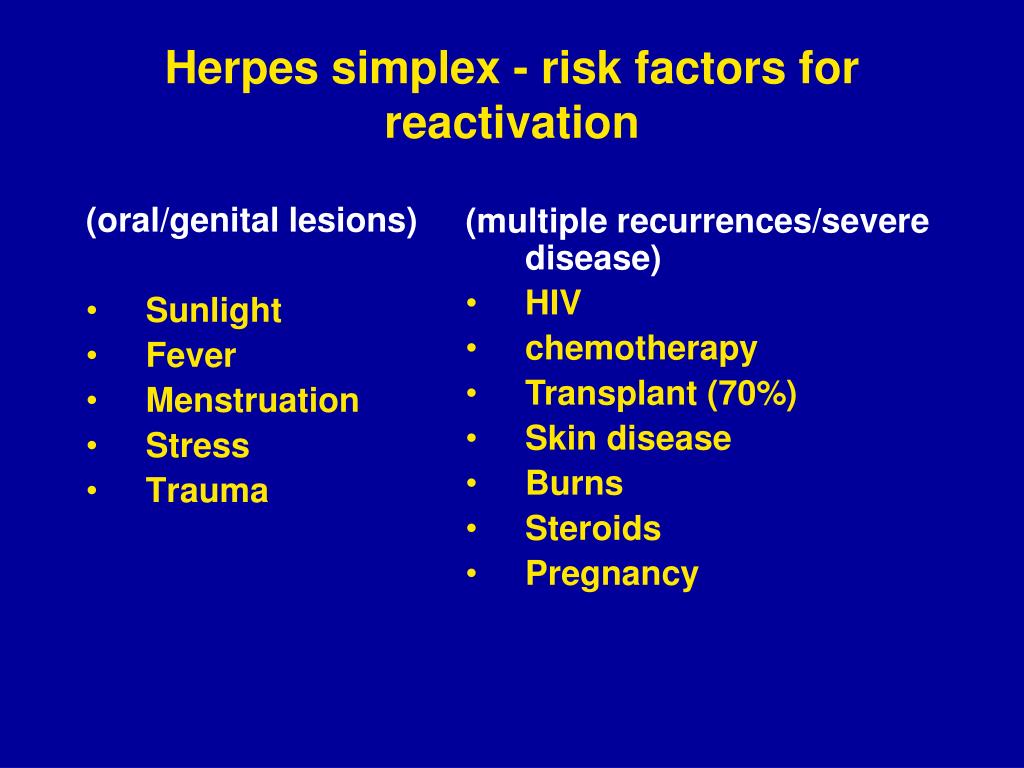
Pregnant women without antibodies to herpes simplex virus 1 and herpes simplex virus type 2 are now considered to be at risk, since infection in such pregnant women often leads to the development of herpes infection in the fetus. nine0005
If a pregnant woman has normal levels of antibodies to herpes simplex virus type 1 or 2, and the partner is elevated, then such couples should be protected (or use a condom) from sexual intercourse during the entire period of pregnancy. Oral-genital contact is also excluded.
The risk of herpes infection in the fetus and newborn is highest in the last trimester of pregnancy, reaching 57%. This is due to the fact that protective antibodies to the herpes virus do not have time to form in the mother's body by the time of birth. nine0005
If genital herpes in pregnant women appears after 36 weeks, antiviral suppressive therapy with drugs such as acyclovir, valaciclovir and famciclovir is used. Medicinal antiviral therapy for genital herpes of pregnant women is carried out until childbirth.